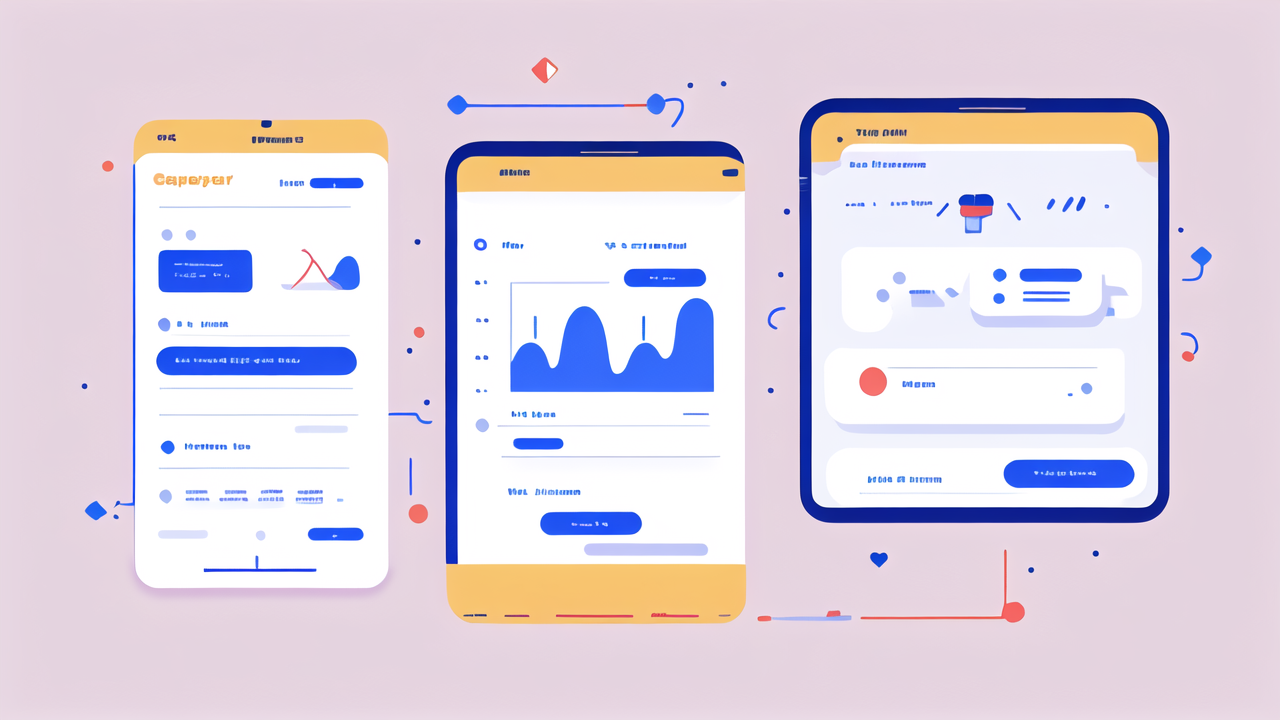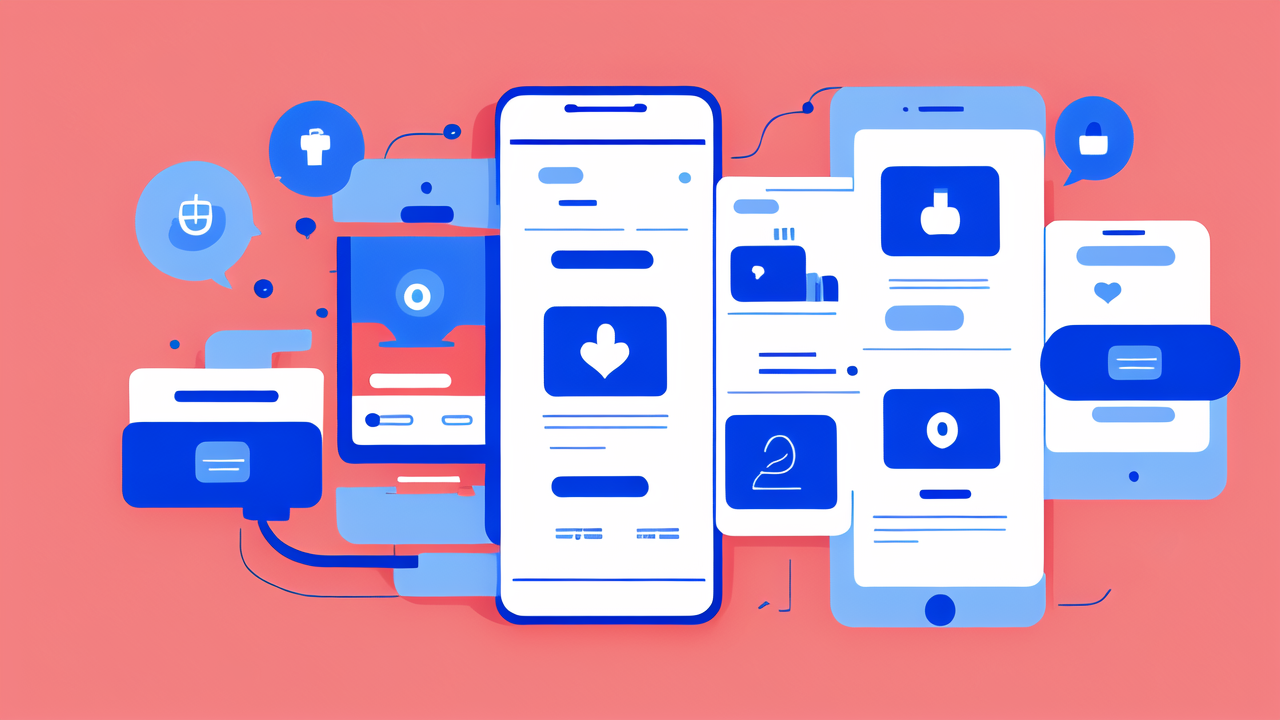Understanding the Evolution of Wearable Technology in Health Care
The Emergence of Personal Health Trackers
Wearable technology has come a long way in health care. It started with simple step counters. Now, we have smart devices that track various health metrics. These devices are getting smaller and more powerful. They can monitor heart rate, sleep patterns, and even blood oxygen levels. The rise of these trackers has changed how we approach personal health. People now have more control over their health data. This shift has made preventive care easier and more accessible.

Key Technologies Driving Wearable Health Innovations
Several key technologies are pushing wearables forward. Sensors are becoming more advanced and accurate. They can now detect subtle changes in the body. Battery life has improved, allowing for longer use. Wireless connectivity lets devices sync data in real-time. Materials science has made wearables more comfortable and durable. These advances have made wearables more useful and appealing to consumers. They've also opened up new possibilities for health monitoring and disease prevention.
Integrating AI and Machine Learning for Accurate Measurements
AI and machine learning are game-changers for wearable tech. These tools can analyze large amounts of health data quickly. They can spot patterns that humans might miss. This leads to more accurate health predictions. AI can also personalize health advice based on individual data. Machine learning algorithms improve over time, making devices smarter. This integration is making wearables more valuable for both users and healthcare providers.
Strategies for Leveraging Wearable Technology in the United States
Embracing Digital Transformation in Healthcare
The U.S. healthcare system is going digital. Wearables are a big part of this change. Hospitals are using data from wearables to improve patient care. Doctors can monitor patients remotely, reducing hospital visits. Insurance companies are offering incentives for using health trackers. This shift is making healthcare more proactive and personalized. It's also helping to reduce healthcare costs in the long run.

Fostering Interoperability Between Wearables and Health Systems
For wearables to be truly effective, they need to work with existing health systems. This means creating standards for data sharing. It also involves ensuring that different devices can communicate with each other. Health records should be able to include data from wearables. This interoperability will make it easier for doctors to use wearable data in their diagnoses. It will also give patients a more complete picture of their health.
Ensuring Compliance with U.S. Healthcare Regulations
As wearables collect more health data, privacy concerns grow. The U.S. has strict healthcare privacy laws, like HIPAA. Wearable tech companies must ensure their devices comply with these rules. This includes securing data transmission and storage. It also means giving users control over their data. Companies need to be transparent about how they use health information. Meeting these regulations is crucial for the widespread adoption of wearables in healthcare.
Case Studies and Success Stories
Real-World Applications of Wearable Technology in Health Care
Wearables are making a real difference in healthcare. One hospital used smartwatches to monitor COVID-19 patients remotely. This reduced the risk to healthcare workers. Another study used fitness trackers to predict flu outbreaks. By tracking heart rates and sleep patterns, they could spot early signs of illness. Wearables are also helping manage chronic conditions like diabetes. Continuous glucose monitors linked to smartphones have improved diabetes care.

Outcomes Improved by Wearable Health Trackers
The impact of wearables on health outcomes is significant. A study of heart patients using fitness trackers showed a 44% reduction in hospital readmissions. Another research found that people using step counters increased their daily activity by 27%. Wearables have also helped in early detection of conditions like atrial fibrillation. This early warning can prevent more serious health issues. The data from wearables is helping people make better health choices every day.
Learning from Pioneers in the Wearable Health Tech Industry
Leading companies in wearable health tech offer valuable lessons. Apple's ECG feature on its smartwatch has detected heart issues in many users. Fitbit's sleep tracking has helped people improve their sleep habits. Garmin's stress tracking helps users manage their mental health. These companies show the importance of user-friendly design and reliable data. They also highlight the need for continuous innovation and improvement in features.
Wearable technology is reshaping healthcare in the United States. It's making health monitoring more personal and accessible. These devices are empowering people to take charge of their health. They're also giving doctors new tools to provide better care. As technology advances, wearables will play an even bigger role in healthcare. They will help prevent diseases, manage chronic conditions, and improve overall health outcomes. The key is to balance innovation with privacy and regulation. With the right approach, wearables can revolutionize how we think about and manage our health.
The future of wearable health tech looks bright. We can expect more advanced sensors and AI integration. Devices will become even more accurate and capable. They might even predict health issues before symptoms appear. The challenge will be to make this technology accessible to everyone. It's also crucial to ensure that the data is used ethically and securely. As wearables become more common, they will likely become a standard part of healthcare. They could help create a more proactive and personalized approach to health and wellness.




Leave a comment
This site is protected by hCaptcha and the hCaptcha Privacy Policy and Terms of Service apply.